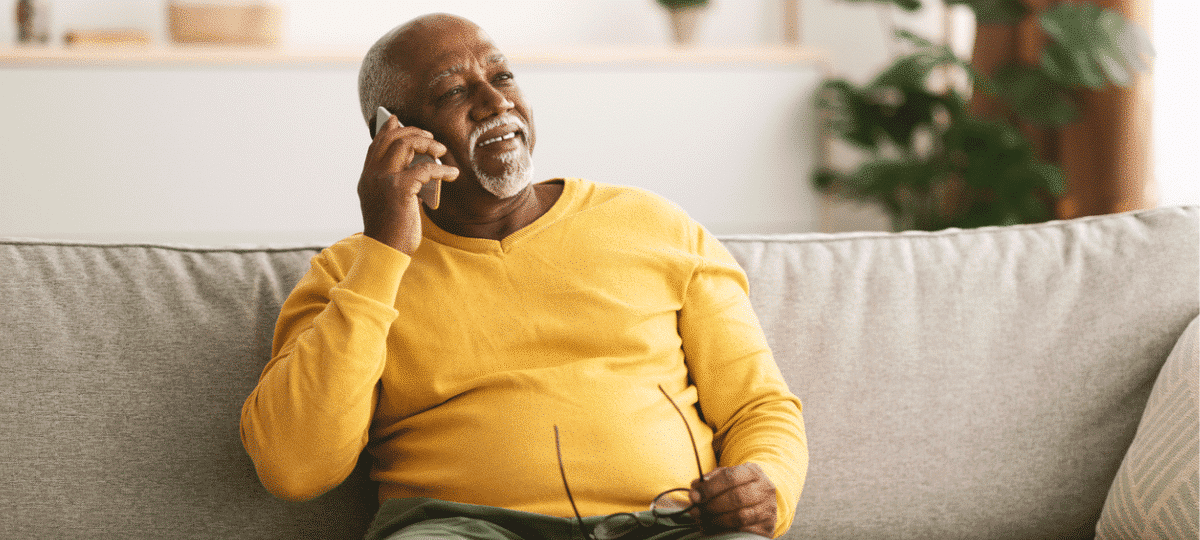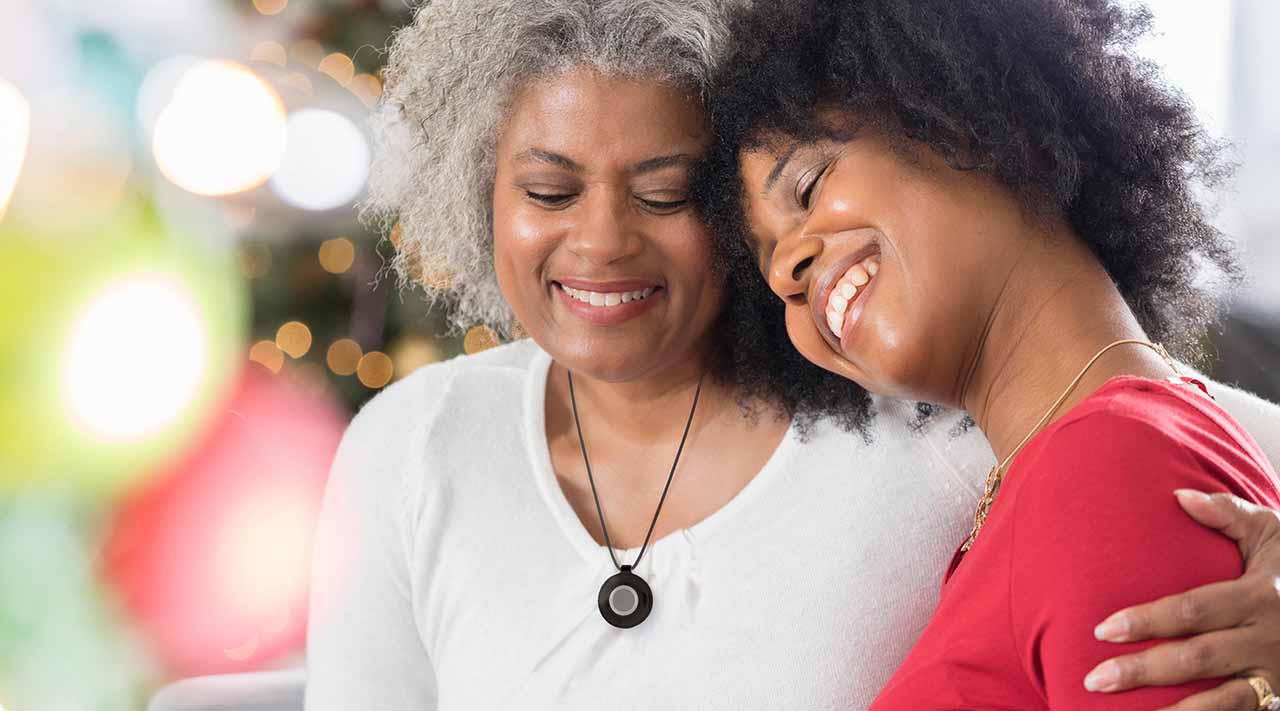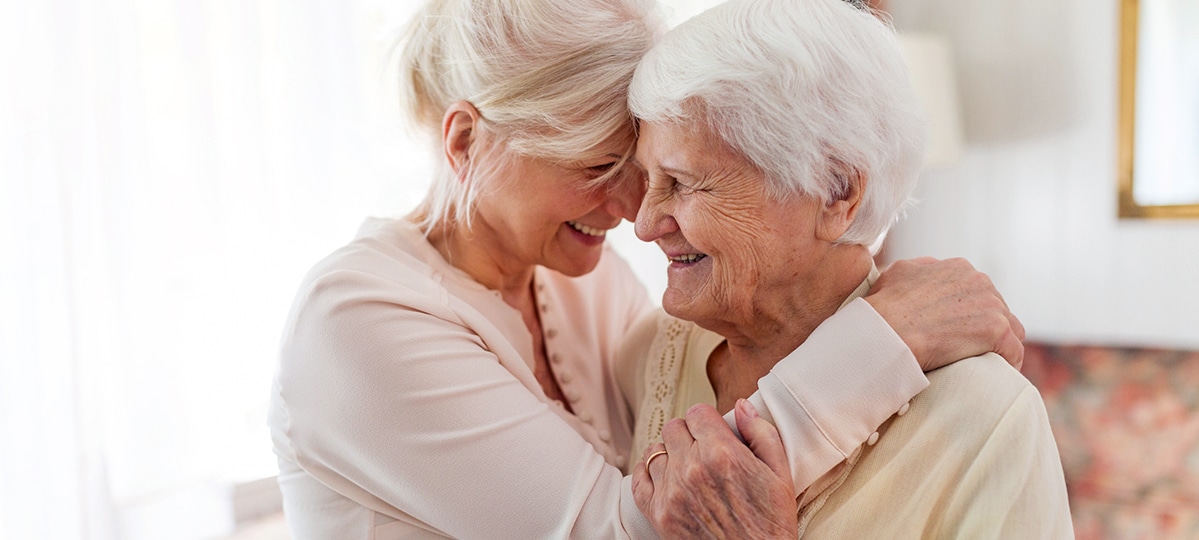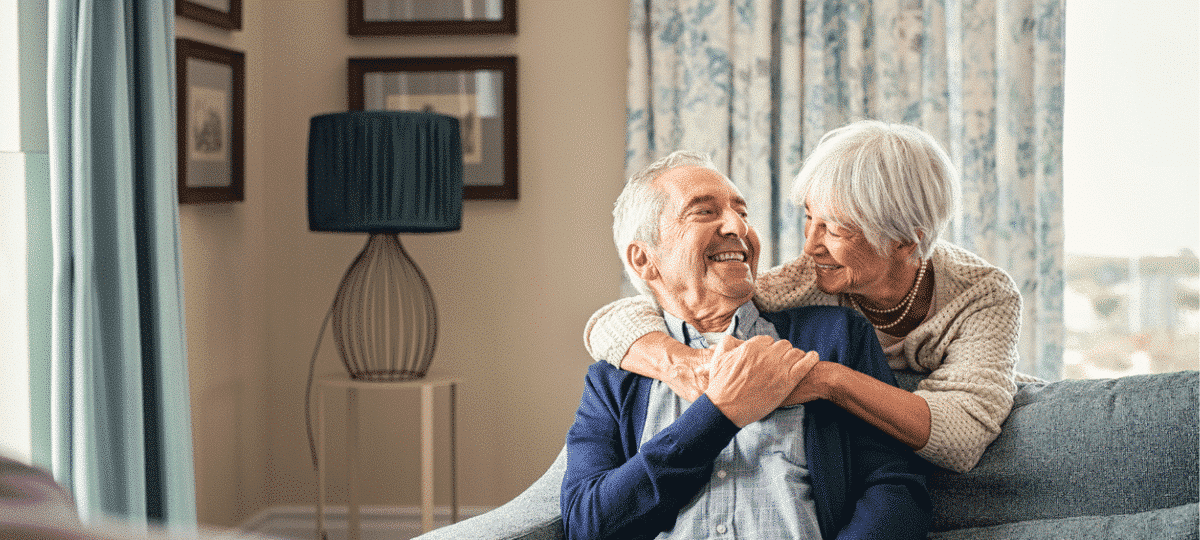Aging is a gift but also a time when many changes happen. Many things in our mental and physical being start to change and we need to adapt.
Hearing, sight, and mobility, not to mention various ailments and diseases. Our dietary needs change, we need to get around, and with fixed income, it can all be a bit overwhelming.
Safety Measures
Aging at home is always the best for seniors, but even those in great health can start to find certain aspects of home more difficult. Keeping older loved ones safe at home covers a lot of ground.
Inside
Inside the home, make sure there are not any areas that can cause them injury or falls. Clear passageways to each room and make sure there is plenty of space to move about and get through the rooms.
Clearing out clutter and unnecessary furniture and items can make a big difference. Sharp tables or furniture can be altered or replaced, loose rugs that may cause tripping, or even large bulky furniture that is difficult to move.
The kitchen also can be more difficult as people age. You may need to alter cabinets so they are more accessible and change handles and pulls so they are easier to get a hold of.
The bathroom needs to be looked at, as well. You might need to think about taking out the old tub for a walk-in shower stall. These can be custom-made with a bench, safety railings, and grab bars.
An easy-access tub is also a great idea for those who love a bath. Tubs with a door make accessing the tub easier and get a railing for gripping installed for easier sitting and lifting.
Outside
Make sure any outside steps to access the house are in good condition and the handrailing is secure. You may need to consider a ramp, even if they are not in a wheelchair, but are having mobility difficulties.
Make sure there is no easy access for would-be thieves. Secure windows and doors, and think about motion lights all around the home, a security system, and surveillance cameras.
Check the fence and gate, if there is one. If there is a garage, make sure it is all secure. If they no longer drive, consider removing the garage, renting it out, or renovating it for something else.
In-Home Care
If you are worried about your loved one being alone, you might want to look into hiring a professional caregiver. Once you have your loved one’s needs assessed, you can find someone who can help them.
Be sure to understand what your loved one needs first. Then, when you talk to the agency or independent caregiver, you can make sure they are capable and experienced in the care you need.
An agency will be able to provide more detailed care. No one has the same needs so it is easier to have one person who can handle everything. Always include your loved one in the decision-making process.
Emotional Support
It is vital that your loved one have family support. Even if you live far away, it’s important that you keep in touch. Schedule regular phone calls or video chats, try to visit as much as possible, and always know how they are coping.
If you live close by, stop by for tea or lunch, take them out for coffee or a family dinner, and help out when you can. Taking them to appointments allows you to see how they are, talk to their medical professional, and spend time with them.
Family support is needed, as your loved one may feel awkward talking to a stranger. Always be patient and kind, as they can’t help with the ailments or conditions they are living with.
For more support, consider a medical alert system. This allows your loved one to have quick access to help with the press of a button. Regardless of the situation, a response specialist will be able to assess and send the appropriate help.
It’s evident that attending to the evolving needs of seniors demands a blend of foresight and proactive action. Through a concerted focus on safety enhancements and streamlined access to essential care services, families can empower their loved ones to embrace each stage of the aging journey with grace and dignity.




